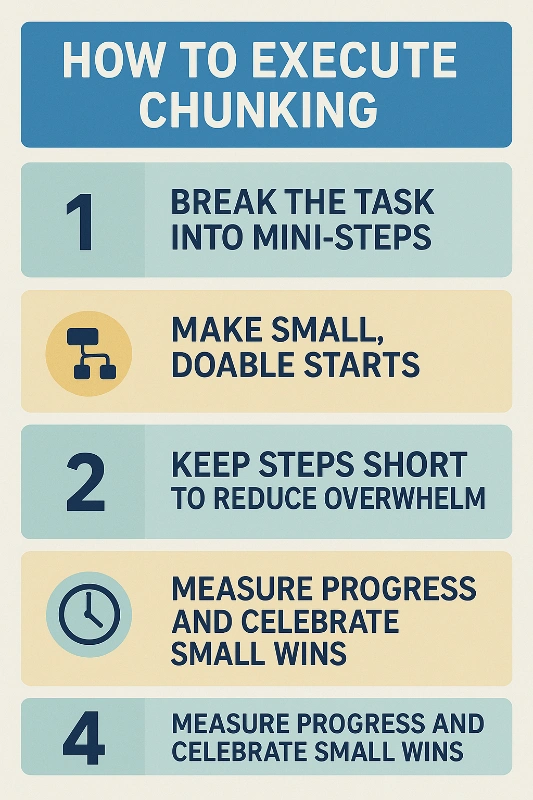Introduction
The Science of Procrastination
- Almost everyone procrastinates : 95% admit to it; 20% are chronic procrastinators
- It’s not about laziness or bad character : Even productive people struggle
- Case study: Maya —trapped in a cycle of avoidance and stress
- Understanding the science allows you to beat it
What Is Procrastination?
The Science of Procrastination
- It’s a voluntary delay: You choose to postpone, knowing it hurts you
- Happens in all life domains: Academic, professional, personal
- It’s incredibly common: 1 in 5 are chronic procrastinators, most students struggle
- Maya’s not alone: Most people hit this invisible wall
Why Do We Procrastinate?
The Science of Procrastination
-
Limbic system vs. prefrontal cortex
Comfort now vs. long-term goals -
Dopamine drives distraction
Stressful/boring tasks give less, fun quick hits give more -
Temporal/hyperbolic discounting
We value what’s immediate over what’s important later - Result: Escape wins… until adrenaline meets the deadline!
Learn with Maggie
skillpies.com

Discuss and Share
skillpies.com

The Brain’s Tug-of-War
The Science of Procrastination

The Science of Procrastination

The Science of Procrastination
Why Procrastination Hurts
The Science of Procrastination
- Increases stress, anxiety, and depression
- Reduces academic and job performance
- Hurts health—delays sleep, exercise, or checkups
- Lowers life satisfaction & self-esteem
- Maya’s confidence & grades take a hit
Beating Procrastination
The Science of Procrastination
- Cognitive reframing: “I choose to…” instead of “I have to…”
- Implementation intentions: Set “if–then” triggers (e.g., time, place, action)
- Pomodoro technique: Short bursts of work, then reward
- Chunk tasks: Break big jobs into mini-steps with clear goals




Task Chunking Example
The Science of Procrastination
- Brainstorm ideas: 10 minutes
- Write outline: 15 minutes
- Draft intro: 20 minutes
- Find infographics: 12 minutes
- Edit draft: 15 minutes

More Strategies
The Science of Procrastination
Forming Lasting Habits
The Science of Procrastination
- Habit stacking: Link new habits with established routines
- Track progress: Use checklists or apps to mark wins
- Accountability: Find a peer or go public with your goal
When to Seek Help
The Science of Procrastination
- Seek help if: Chronic procrastination disrupts daily life, or if there’s major anxiety, depression, or suspected ADHD
- Cognitive Behavioral Therapy (CBT) is evidence-based and effective
- Help is smart—not a failure

Key Takeaways
The Science of Procrastination
- It’s not personal failure—it’s brain chemistry
- Most procrastinate—tools and strategies work
- Systems, not willpower, create success habits
- Chronic procrastination is beatable—seek help when needed
- Common pitfalls: Waiting for motivation, perfectionism, busywork